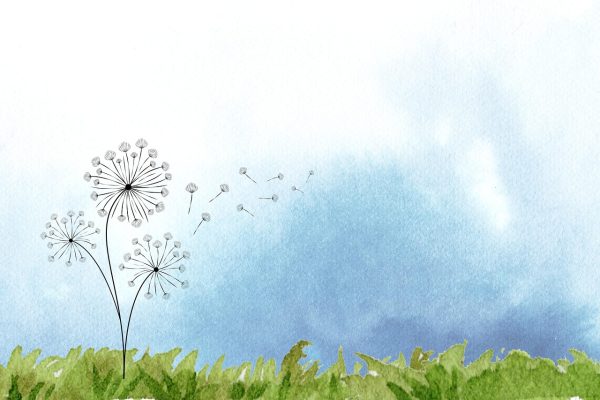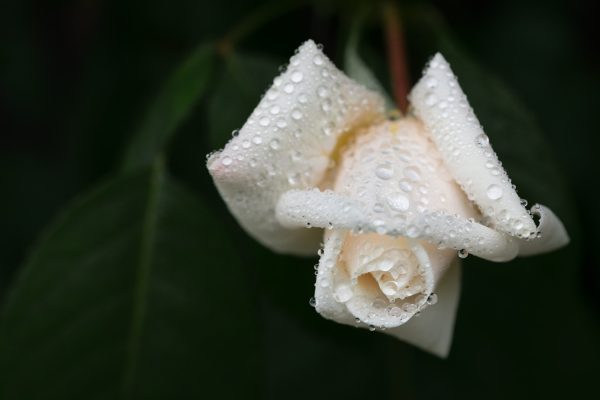We count our blessings.
We count our days.
49 days of the Omer.
8 nights of Sukkot and Hanukkah and Passover.
7 days make Shabbat.
And I thought I’d stopped counting
the days and the weeks and the years since we were together.
Has it only been that long?
Has it already been that long?
I remember you
And I’m still hurting.
Hagashem, Hatal –
We come to Kaddish,
I just hit a wall.
I dream of the days
I would dread your call.
The words of my prayer
don’t encompass at all
that I’m still hurting.
Why aren’t you here, now?
What about the things we were going to do?
You should still be with us.
I receive solace that you’re not suffering.
But I’m here.
And I’m still hurting.
I see your face in the strangest places.
I hear you when the cantor sings your favorite tune.
I feel you through the hands of those trying to console.
And I’m still hurting.
I try to move on,
move on, carry on with life,
For I know I must keep going.
I cry, I laugh, I remember how
with you, life seemed simple,
life seemed right.
Something happened and I almost called you.
I caught myself and it cut me open again.
I thought this scab would turn into a scar.
It opens less and less with the passage of time.
I carry you with me
even if I stopped counting
how many times it’s Yizkor
and I’m still hurting.












